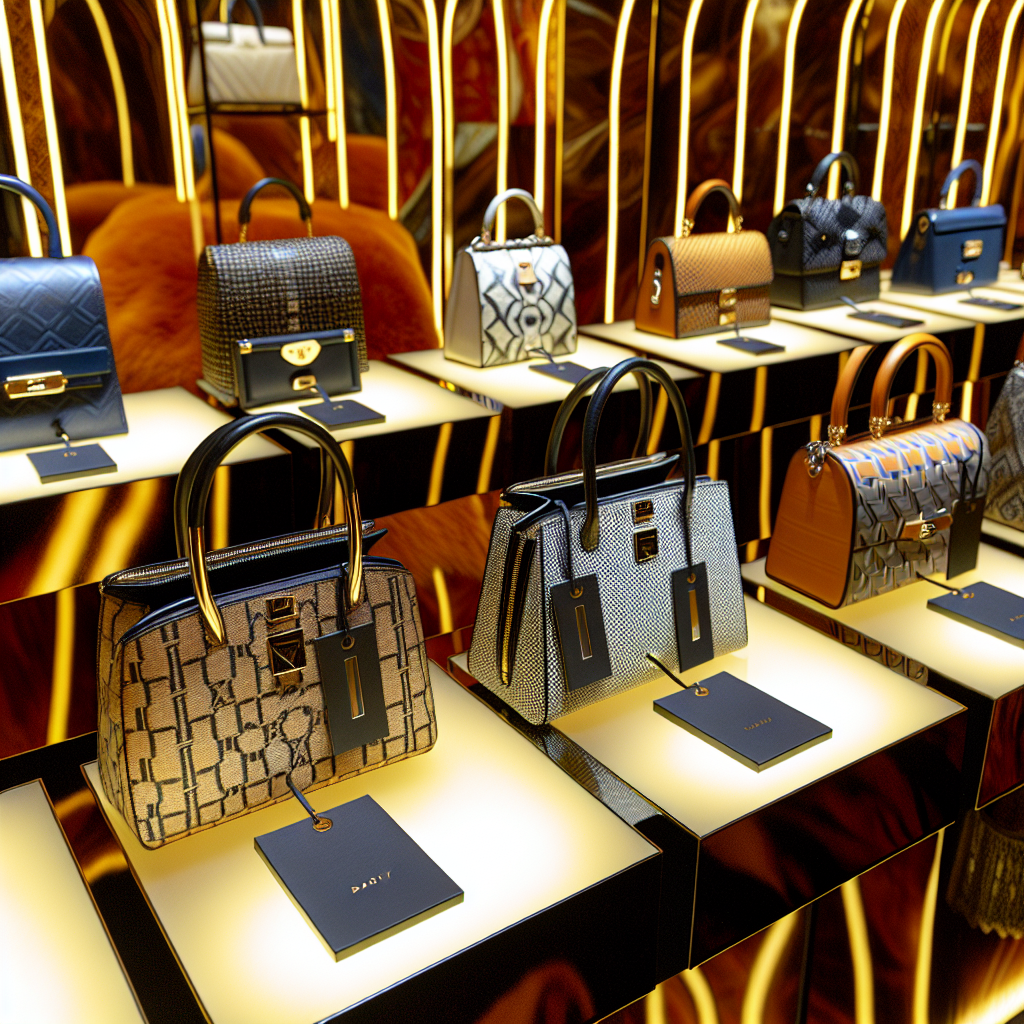Here is the blog post with the requested changes:
Personal AI Stylists: How Machine Learning is Transforming Luxury Fashion Curation
In the ever-evolving landscape of luxury lifestyle, fashion remains not merely a statement of taste, but a form of personal empowerment, prestige, and identity. Traditionally, style curation at the highest echelons was an exclusive privilege—reserved for celebrities, royalty, or those ensconced within the plush arms of elite fashion houses. However, a quiet revolution has redefined what it means to access bespoke fashion: the emergence of personal AI stylists. Merging haute couture with the precision and intelligence of artificial intelligence, luxury fashion curation has taken a leap from the atelier to algorithms with extraordinary elegance.
This digital evolution isn’t a dystopian compromise of human artistry. On the contrary, it enhances creativity by leveraging machine learning to offer tailored style solutions that are profoundly bespoke, yet scalable. Picture access to a stylist who knows your wardrobe down to each cashmere thread, understands your fashion DNA through thousands of data points, tracks global luxury trends in real time, and works 24/7 without pause—all wrapped in chic digital finesse. That’s the power of machine learning curated for the luxury fashionista.
Our lives are more mobile, digital, and fast-paced than ever. Clients who live on the edge of innovation—from Silicon Valley moguls to Monaco jet-setters—demand immediacy and precision in their style guidance. Enter AI-powered styling platforms like SYKY, THE YES (acquired by Pinterest), and global powerhouses like Net-a-Porter and Farfetch, which are integrating artificial intelligence to deliver more personalized experiences than ever before. These technologies are not only disrupting how fashion is curated but challenging age-old paradigms about exclusivity, access, and craftsmanship.
The Data-Driven Glamour: How AI Powers Fashion Curation
Behind the impeccably tailored digital services offered by AI stylists lies a symphony of advanced machine learning models, big data analytics, and neural networks. Researchers and companies alike are pioneering this confluence of science and style, ensuring that personal AI stylists are rooted in more than trend prediction—they’re engineered intelligence.
One groundbreaking paper, “Artificial Intelligence in Fashion: Applications and Challenges” published in the International Journal of Engineering Applied Sciences and Technology (IJEAST, 2021), discusses how deep learning algorithms are now capable of visual recognition that exceeds human accuracy in garment classification. This is made possible by convolutional neural networks (CNNs), which are remarkably adept at identifying fabric textures, silhouettes, and color palettes across millions of images with real-time feedback loops.
Meanwhile, MIT’s Computer Science and Artificial Intelligence Laboratory (CSAIL) has developed fashion-sensing technologies that can analyze both social media trends and a wearer’s existing wardrobe in a matter of seconds. Their study “Fashion++: Minimal Edits for Outfit Improvement Using Textures and Embellishments” introduced a generative model that suggests optimal, minimal edits to someone’s outfit, maintaining individuality while improving cohesion—a concept paramount in luxury fashion.
AI + Human Intuition: The Hybrid Model of Tomorrow’s Stylists
On the commercial front, companies like Stitch Fix—a billion-dollar online styling brand—use hybrid AI-human models. Their proprietary Style Shuffle algorithm polls users on thousands of pieces and uses reinforcement learning to feed stylistic intuition back to both human and AI stylists, refining results over time for an ever-evolving fashion identity.
Luxury e-commerce platforms such as Farfetch have also partnered with AI specialist companies to develop their own personal stylist ecosystem. Farfetch’s Fashion Concierge employs machine learning to pair user behavior with over 3,000 global brands, using deep data silos and behavioral prediction to anticipate customer desire before they vocalize it.
Styling with Empathy: AI That Connects Emotionally
Moreover, AI stylists rely heavily on sentiment analysis and natural language processing (NLP) to understand consumer mood and intent—using tools that track emotional cues from customer texts, reviews, and even voice commands. This ensures not just relevance, but emotional resonance, aligning every curated ensemble with the life moments and aspirations of the wearer.
In integrating these medical and psychological elements—understanding body shape, skin tone variation, personal bias, and emotional triggers—AI stylists work on a nearly biometric level. Researchers from the University of Edinburgh highlight that AI-based color matching can improve mood and self-perception in consumers, which is crucial for personal styling aimed at confidence and empowerment.
The Future of Luxury Is Smart, Chic, and Personalized
Luxury fashion is no longer confined to glittering showrooms or exclusive trunk shows; it now lives in the nexus of art and algorithm. Personal AI stylists usher in a new era where elegance meets engineered intuition, elevating every look from choice to statement. For the discerning elite, fashion is not just about what’s worn—it’s about what’s anticipated, personalized, and styled by intelligent design. As the world of bespoke converges with machine learning, the future of couture has never looked smarter—or more exquisite.
Concise Summary:
Personal AI stylists are transforming luxury fashion curation by leveraging machine learning to offer tailored, bespoke style solutions that are scalable and personalized. These intelligent digital assistants integrate advanced technologies like deep learning, computer vision, and sentiment analysis to deliver an elevated, emotionally resonant fashion experience for the modern luxury consumer.
References:
[1] Artificial Intelligence in Fashion: Applications and Challenges – IJEAST
[2] MIT CSAIL Research on AI in Fashion
[3] Stitch Fix Tech Blog on Human-in-the-Loop AI
[4] Farfetch Develops AI Concierge – Forbes
[5] University of Edinburgh Research on Fashion Color and Perception

Dominic E. is a passionate filmmaker navigating the exciting intersection of art and science. By day, he delves into the complexities of the human body as a full-time medical writer, meticulously translating intricate medical concepts into accessible and engaging narratives. By night, he explores the boundless realm of cinematic storytelling, crafting narratives that evoke emotion and challenge perspectives. Film Student and Full-time Medical Writer for ContentVendor.com




